ID: G7N-Z8XM
ID: G7N-Z8XM
Principessa di Genovia
Erythrina fusca
Photo
Colombia
13:22 - 31°C
My connections
My ID card
Who am I?
Date of birth
11/20/2023
Also known as
Principessa di Genovia
Name
Bucayo
Tree
Bucayo
Where am I located?
Country
Colombia
Place of birth
Santa Marta
Coordinates
11° 10′ 35.03″ N
73° 54′ 17.52″ W
/-73.9048675,11.17639776,0/500x333@2x?access_token=pk.eyJ1IjoidG9tbWFzb3NwZXJvbmkiLCJhIjoiY2tnOTE3eW12MDJqazMybXNzOWV1YjloOSJ9.wtGsuDU7XIKjcv2cq8CiXw&logo=false&attribution=false)
My Timeline
The important moments in your tree's life.
Seed
It all starts with a tiny seed, nice and warm in the soil.
Nursery
Your seedling is big enough to be welcomed into one of our nurseries, along with many others.
Planted
We’re here! Your tree has reached its new home: it’s been planted by a smallholder, who’ll take care of it for years to come.
Photo
Strike a pose! Now that it’s big enough, here’s a photo of your tree!
My Gallery
Nursery
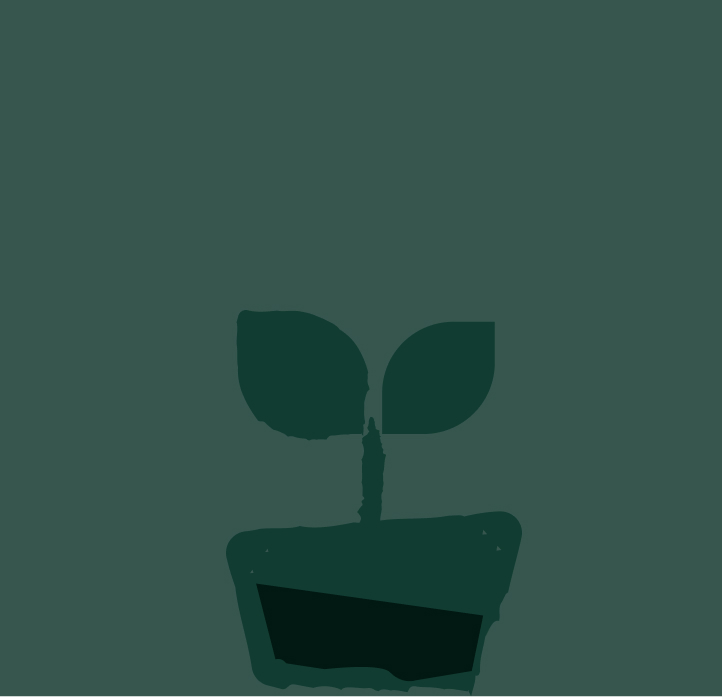
Planted
/-73.9048675,11.17639776,0/500x333@2x?access_token=pk.eyJ1IjoidG9tbWFzb3NwZXJvbmkiLCJhIjoiY2tnOTE3eW12MDJqazMybXNzOWV1YjloOSJ9.wtGsuDU7XIKjcv2cq8CiXw&logo=false&attribution=false)
73° 54′ 17.52″ W
Photo
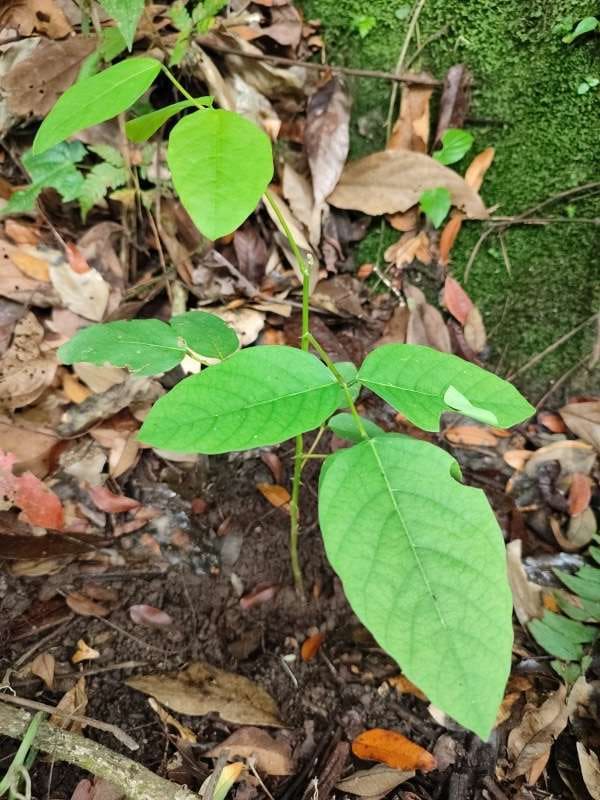
Curiosity about me
The important moments in your tree's life.
Let's start with introductions
The Bucayo is a deciduous tree with a thorny bark and bright orange flowers. Its legumes grow up to 20 cm in length and contain dark brown seeds. This tree adapts well to coastal conditions: it can survive both flooding and high salinity. It grows along the coasts and rivers in tropical Asia, Oceania and Africa. This low-maintenance, red-flowering tree is grown as a shade tree – often together with cocoa.
Meaning
Style
Its flowers are deep red and when viewed from a distance, the petals look like elegant velvet fabrics.

How much CO2 I’ll absorb
My estimated CO2 absorption capacity is based on the first 10 years of my life*
Current absorption
- 0 kg
2023
0 kg
2033
-200 kg
* The tree will continue to absorb CO2 even after the tenth year. Therefore this is a prudent estimate.
How I am useful to local communities
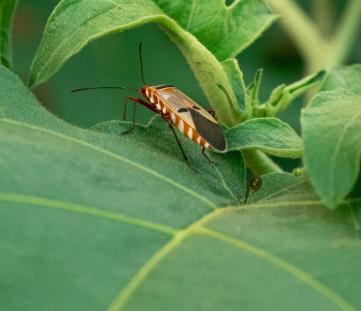
Natural pesticide
Its leaves and/or its fruits contain useful substances that can be used against plant diseases or as natural pesticides.
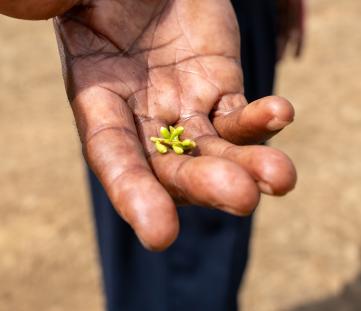
Medicine
Its leaves, roots, bark and/or fruits are used in traditional medicine.
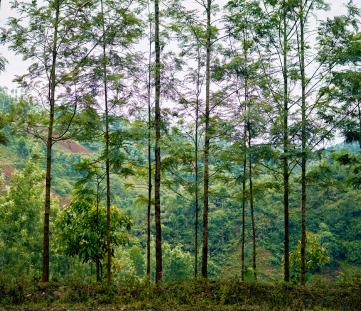
Fence
It provides protection for crops and shade for livestock.
My benefits
20%
Food Security
The trees will bear fruits, some that will be edible immediately and others that can become edible through processing, ensuring food resources over time.
20%
Economic development
The trees' fruits and the products derived from their transformation can be traded in local networks, offering income opportunities.
40%
CO₂ Absorption
During its life cycle, each tree will offset CO₂. The trees that you plant can offset your emissions.
50%
Environmental protection
The trees are planted in agroforestry systems that favor the virtuous interaction between the different species and their positive impact on the environment and on the land.